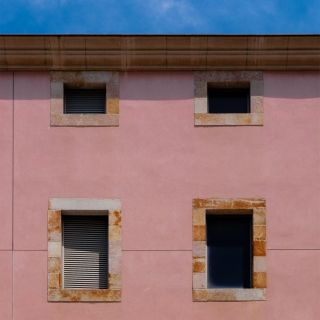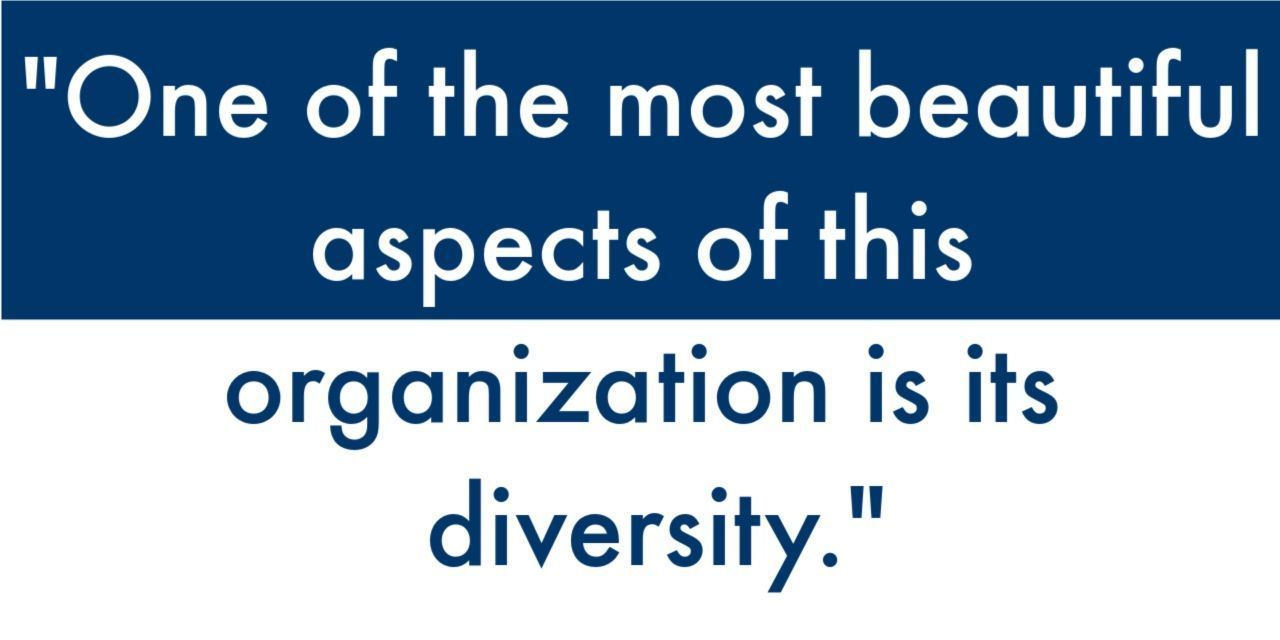
Casa Refugio: A Place of Restoration and Redemption
Written by Amy Magwood.
When Kaitlyn first came to Spain, SEND was not connected with Casa Refugio , a refuge home for women leaving prostituti on and the sex trade. H owever, she felt a strong call on her heart to minister to women and be a part of this ministry . So, by working with the board, Kaitlyn started to build a connection with the refuge house and begin a new b ranch of ministry in SEND’s work in Spain .
A First Step Towards Healing
Casa Refugio , is set up in two different houses. The first house, where K aitlyn works, is where women begin the program. It is the first step towards healing and stability.
“We help them get jobs, leave the country if necessary , learn Spanish, and I also teach a lot of life skills,” Kaitlyn says. She thoroughly enjoys teaching them Spanish—even though she is still learning the language herself! Alongside professional skills, the staff at Casa Refugio also help teach the women healthy emotional and relational dynamics. Most of this learning comes through practical situations , since the women frequently have conflicts with each other which can lead to yelling or running away.
“My job, many times , is helping them learn how to interact with each other. When they do have fights (which happens multiple times a day), I help them to think through, 'If we disagree, what is the best way to act and handle this?’” Although she is not a confrontational person herself, God is using Kaitlyn to help these women grow and mature in relating to each other. The duration of stay at the first house can take anywhere from 1-2 years.
Another Stepping Stone
Once the women have successfully lived at the first home, they are moved to the second home. What does success mean? The women need to show that they can live peacefully, reach a relational goal, and show signs of a healthy emotional state. This second house is more independent; women here can hold jobs and build relationships with people in the community. It is a stepping-stone to living completely on their own. However, even after they graduate, they are always able to reach out for help.
A Beautiful Diversity
One of the most beautiful aspects of this organization is its diversity. Though the houses are located in Spain, both the workers and the residents come from all over the world . In this way, Casa Refugio reflects the Kingdom vision of the nations coming together for restoration and redemption.

This kind of diversity also allows for women of all cultures to be exposed to the love of Jesus Christ. Though Kaitlyn works as a life skills coach, she still interacts with the women on a spiritual level and s hare s God’s love. Whether she is taking the women to church, listening to worship music, or praying together at mea ls, Kaitlyn has many moments throughout the day to speak into their lives and point t hem t o Jesus. Recently she was able to help translate Spanish worship songs into one woman’s native language, because this w oman w anted to be able to understand and sing the songs at church! Kaitlyn also en gages in many conversations with the women in their day-to-day activities, building trust for deeper relationships.
A Life of Love
Kaitlyn has paved a way for ministry to these women in Spain. She and her team are becoming the hands and feet of Christ, walki ng alongside and offering practical help to women who desperately need Christ’s love to live a life of abundance. This ministry brings women together and allows them to experience a life of love so different from what they have ever known before. In the words of the women at Casa Refugio ,
“We aren’t just people who live together, we are family.”
You've felt God's call to missions, but getting started can be overwhelming. We'd love to help you discern where God may be leading you and help you take the next step. Our coaches are ready to connect with you!
Additional Posts




